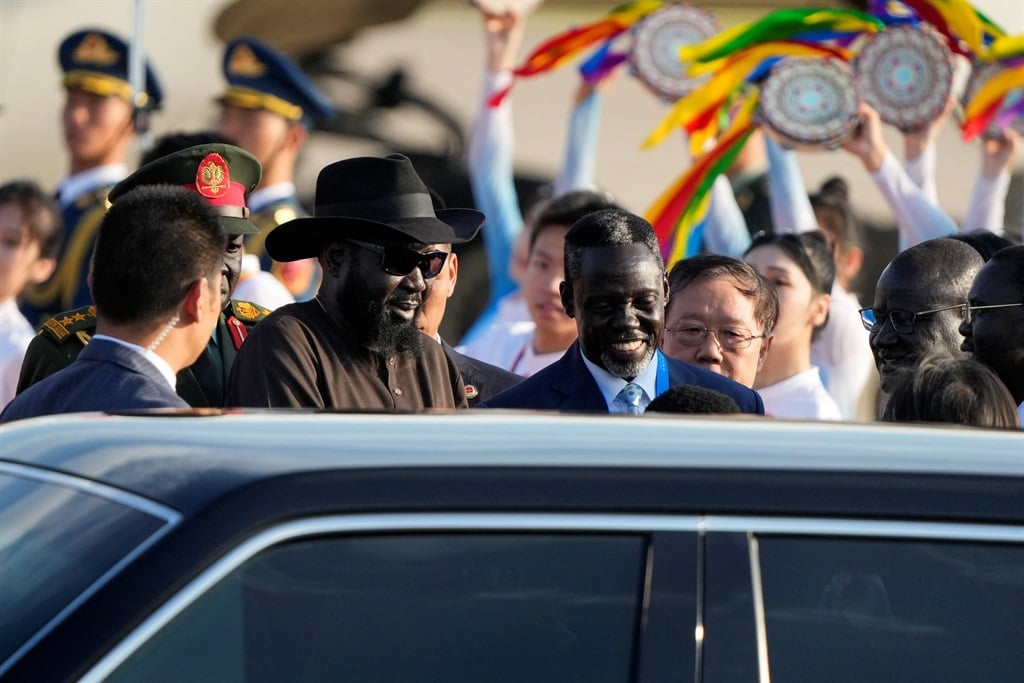

The United States, Norway and United Kingdom (UK) voiced concern at the weekend over the lack of “political will” in South Sudan after partners in Juba’s transitional government further postponed elections.
On Saturday, the “Troika Capitals” – as they fashion themselves – in a joint statement said this development was a “collective failure of South Sudan’s leaders to create the conditions necessary to hold credible and peaceful elections in accordance with an established, publicly agreed-upon timeline”.
Elections were due in December this year after a 2018 peace agreement that brought together President Salva Kiir and rival Vice President Riek Machar.
On Sunday, the transitional government’s term was due to end, but Kiir announced a two-year extension.
The Troika Capitals said blame should be shared by all parties in the coalition government.
“As South Sudan’s leaders vie for power and fail to organise credible and peaceful elections, the people of South Sudan suffer the consequences. Millions face acute food insecurity year after year,” the countries said.
OPINION | Democracy eludes South Sudan again, to South Africa’s approval
This year, 72% of South Sudan’s population, or nine million people, are in need of humanitarian aid.
Nicholas Haysom, head of the UN Mission in South Sudan (UNMISS), in an address to the Revitalised Joint Monitoring and Evaluation Commission (RJMEC) plenary, said, although iit was disappointing, South Sudan was not ready for elections.
“It is sadly evident that the country is not ready for elections that we could confidently expect to generate a credible and peaceful outcome, thereby necessitating this extension proposal consideration,” he said.
Haysom bemoaned that this was the second time South Sudan had failed to meet the same targets, and that this time was meant to be the last such scenario.
“Two years ago, we were in an identical situation as we are today and gave our support specifically under the condition that there would be no more extensions,” he said.
South Sudan gained independence on 9 July 2011, becoming Africa’s 55th state and the world’s youngest country, through a secession from Sudan which brought to an end a two-decade-long civil war.
But in 2013, a civil war broke out in the new South Sudan. In 2016, peace negotiations failed, further plunging the country into crisis.
In 2018, there was the Resolution of Conflict in the Republic of South Sudan (R-ARCSS), which resulted in a 2020 ceasefire.
The News24 Africa Desk is supported by the Hanns Seidel Foundation. The stories produced through the Africa Desk and the opinions and statements that may be contained herein do not reflect those of the Hanns Seidel Foundation.
